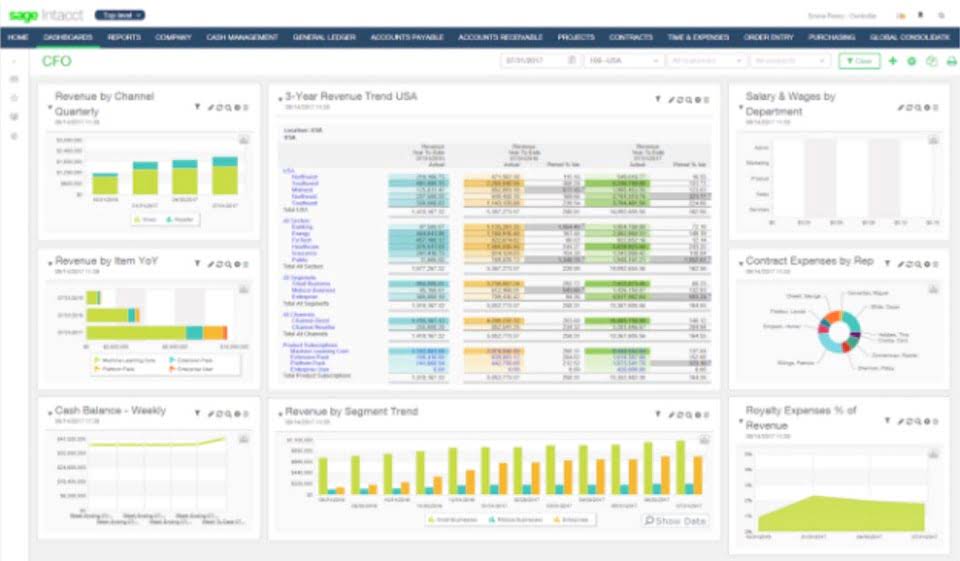
Ultimately, if a stale check is uncashed for too long, the funds will go into the escheatment process whereby the money will become unclaimed property per state law. At this point, the check is not cashable, and you must file a claim directly with the state to recover it. Ultimately, a stale-dated check is one that is at risk of not being honored. Allowing a check to become stale increases the chances of the funds becoming unclaimed property. The longer you wait to cash or deposit a check, the greater the chance that stale check is bad. In this situation, a check will be returned for deposit at a later date when the funds might not be available.
- This doesn’t mean that a stale-dated cheque is invalid, it just means that it’s deemed an irregular bill of exchange.
- A stale check is also referred to as a “stale-dated check” or an “expired check.” The length of time that a check is considered to be valid may vary from state to state.
- Since you owe the money to either the state or the property owner, plan to monitor uncashed checks and check in periodically with the payee.
- Failure to do so may open you up to fines and/or legal trouble.
- If the stale check is returned for any reason, then a person’s bank may charge a fee for returning the check to the person.
- Not only are they easy to lose, but it can take longer for funds to reach the right account with a physical cheque.
How to understand if the check has gone stale?
This could lead to the check being returned and you possibly owing a bank fee. Most types of checks can go stale — personal checks, business checks, and government checks are examples of checks that can go stale. At a certain point, stale checks can reach the time period set by the state (the one where the issuing bank is) and are then handled under escheatment laws. Escheatment is the process by which banks and other financial institutions turn over unclaimed property to the government. All states have created programs that handle this unclaimed property and attempt to return it to its rightful owners. • A stale-dated check is one not cashed within a certain time period — typically 180 days, but it may be considered stale sooner.
What should I do with a stale-dated check?

Like personal checks, company-printed checks, such as checks issued by a business for payroll or other purposes, are good for 180 days or six months. A stale check is one that has not been cashed after a certain period of time. While there is not a single, universal period of time that makes a check “stale,” six months is a common amount of time that a check is good for. The UCC (or U.S. Uniform Commercial Code) doesn’t require banks to cash a check older than that — though it doesn’t forbid them from cashing checks that are that old, either. As a small business owner, you should be writing checks from your business vs. personal bank account.
When Does a Personal Check Become Stale Dated?
If you ever come across an old check, the best option might be to contact the issuing bank or the check’s issuer to determine its current status. Be considerate — call or text the trial balance payer to let them know your intent. Make sure to also double-check that they haven’t switched financial institutions or opened a new account. Another thing a person can do to prevent a stale check from clearing is to freeze their account. Typically, accounts are frozen if checks have been stolen or there is other possible fraudulent activity, but a person can always ask to have their account frozen. Looking for a bank that partners with you on checking and savings accounts?
- However, these checks are typically good for six months to a year.
- However, there is a longer time frame when it comes to a Government of Canada cheque or a certified cheque.
- Like personal checks, business checks are usually good for six months, unless the check clearly states it’s valid for up to one year.
- And if you discover you have an outdated check, contact the issuer or financial institution.
If a stop payment doesn’t work, you’re still responsible for the amount of the cheque. To get your money back, contact the payee and ask if they will give it back. Some institutions may reimburse you the fees charged for an unsuccessful stop payment. Not all financial institutions provide a stop payment service. Allowing the amount of time to elapse for a check to become stale can create multiple issues in claiming the payment. If you are the recipient or payee of a stale-dated check, you will want to know your options for cashing or depositing the old check.

However, there is a longer time frame when it comes to a Government of Canada cheque or a certified cheque. This doesn’t mean that a stale-dated cheque is invalid, it just means that it’s deemed an irregular bill of exchange. If a personal or business check is more than six months old, it’s considered stale. However, that doesn’t automatically make it worthless, bad, or unacceptable to your bank.
Stale Dated Checks

Typically, the rules for money orders are provided when you purchase them. If you find an expired check, your first action should be to call both your bank and the issuing bank to learn about their policies. Let us clear up the mystery by explaining what you need to know about old or « stale » checks and what you can do if you have one. Bankrate has partnerships with issuers including, but not limited to, American Express, Bank of America, Capital One, Chase, Citi and Discover. Ultimately, it may depend on the type of check involved, explained in detail what is stale dated below, and what the bank chooses to do.
Cashier’s checks are considered “official checks” that are backed by an issuing bank. In basic terms, a check becomes stale if it has been in one’s possession for 180 days or more and has not been cashed or deposited. After six months from the day a check is issued, checks may not be deposited into one’s checking account.
Bankrate logo
Generally, a “stale check” (also called a “stale-dated check”) is an uncashed check that’s more than six months old. Although banks, credit unions or other financial institutions might let you cash or deposit an outdated check into your account, the law doesn’t require them to do so. Banks might still decide to cash the check or allow a deposit, but the issuer may not have the funds in their checking account or savings account to cover the check. Additionally, the check writer or financial institution might outright reject the transaction. A stop payment order might have been placed on an uncashed check for security purposes. A stale-dated check (also known as a stale check) is one that is not cashed within a certain time frame after the check was written, typically six months.

